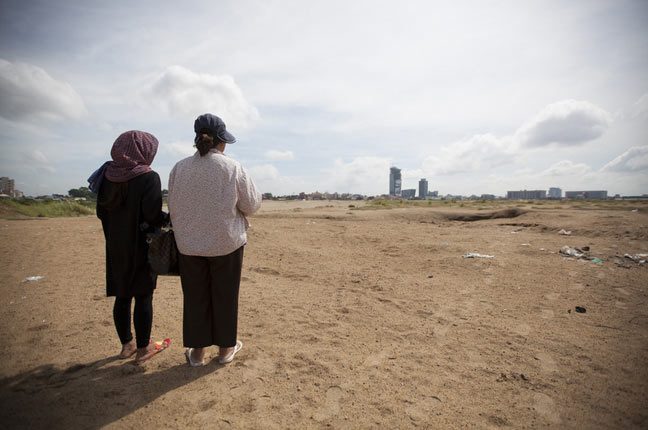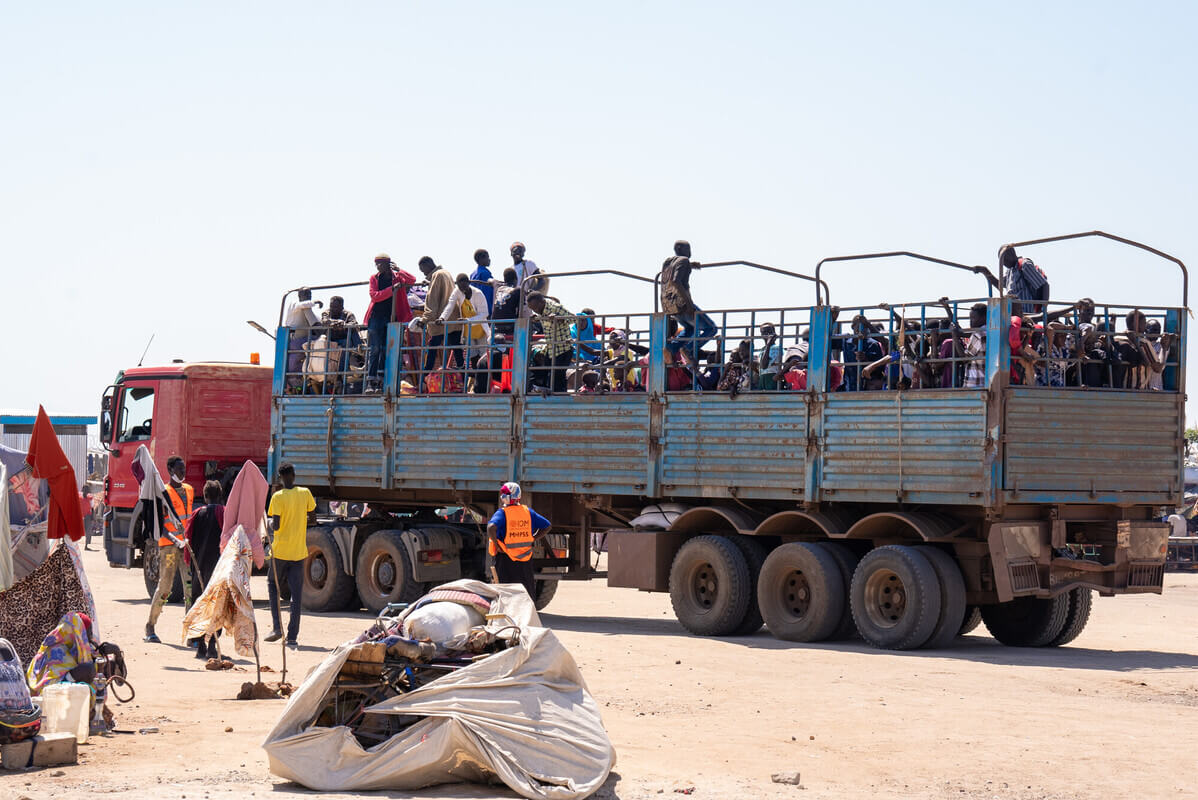The World Bank doesn’t know the environmental and social impact of the almost $20 billion it lends to private companies.
A recent audit revealed that the World Bank’s private sector lending arm, the IFC, “knows very little” about the impacts of its financial market lending, which accounts for 40% of its portfolio.
The IFC has a stated objective to reduce global poverty and to ensure that its actions do not result in harm to communities and the environment, but the audit confirms Oxfam’s concerns that the World Bank can’t demonstrate whether its lending has a positive or negative effect on poor communities.
Oxfam’s GROW campaign has been calling on the World Bank to put a temporary freeze on the financing of big land deals in developing countries, which often result in the eviction of poor people from the land they are living or working on.
Oxfam is urging the IFC to improve transparency and ensure its loans do not put poor people at risk of land grabs.
Act now
Sign Oxfam’s petition asking the World Bank to help protect poor people’s rights and freeze its investment in land for six months while it sets better standards for others to follow.
Be part of the solution by making a donation to Oxfam today



